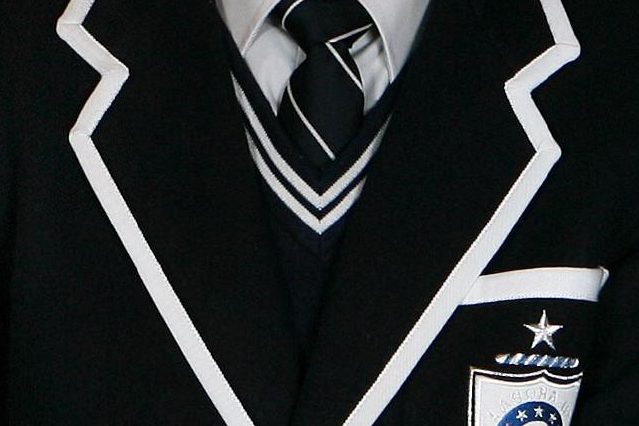The Cost Of A Private School Education
One of the goals that most typically comes up in discussion with prospects and clients alike, is that of saving for their children’s education. Putting in place a plan to save for and fund education expenses is important. The earlier you start planning the better. This is particularly important if you want your child to have a private school education.
The money that you spend on your children’s education could be one of your family’s biggest expenses. How much money you spend will depend on whether you want your children to go to public or private schools, and whether they go to university. In addition to tuition fees, you will need to pay for textbooks, technology, school uniforms, school camps/trips and other extra-curricular activities.
Private School Education
Some people have specific private schools in mind, whereas others may have determined this is the optimum education option in their local area or simply feel a private school education will give their children the best start in life.
Tuition fees at some of Australia’s top private schools continue to soar at almost double the rate of inflation. In 2016 Melbourne Girls Grammar School increased fees for Year 12 by 6.7% to $32,736. This was on top of a 4.9% increase in fees in 2015. Annual private school fee increases in the range of 4% – 6% p.a. are not uncommon. These increases have occurred whilst we have been in a prolonged period of record low wages growth.
How Much Will A Private School Education Cost?
ANZ has a School Ready website that can help parents forecast the true cost of sending children to private school (https://onlineapps.anz.com/school-ready/). This can be tailored to include the specific schools that you may be considering for your children for their primary and secondary education. The report that can be generated is extremely insightful (and possibly a little daunting).
What Are Some of The Methods of Funding Education Costs?
Cashflow – Some families, particularly where both parents earn a high income, are able to fund private school fees from cashflow. For other families, this may require a cut back in other areas of discretionary spending, such as eating out, hobbies and holidays.
Start Saving Now For Your Children’s Education – Work out how much you need to save and regularly set money aside to meet the future expense.
- You may use these monies to make additional home loan repayments now and then utilise loan redraw at a later stage to pay school fees.
- You may choose to invest these monies into an investment portfolio and use investment earnings and/or capital to fund school fees when required.
- You may choose to invest these monies into an education bond that can be used to specifically pay for education and education expenses. There can be certain tax advantages to these investment structures, but also restrictions.
Borrow – You could use gearing to establish an investment portfolio now that can grow over time and help fund school fees in the future. Or you may simply borrow against the equity in your home to pay school fees if you do not have available cashflow or investment assets to draw upon.
Other Considerations
Enrol early – Most private schools have waiting lists. Consider putting your child’s name on the waiting list of your preferred school shortly after they are born. Please note that most schools charge a fee to enrol on the waitlist.
Ask about fee discounts for siblings – Some schools offer discounts on the tuition fees of the third child and all subsequent children.
Pay for multiple years upfront – Some schools offer significant discounts if you pre-pay for more than one school year. Or they allow you to beat the rising costs of school fees by prepaying at the current rate.
Apply for scholarships – Many private schools offer scholarships for students who excel academically, musically or on the sports field. Scholarships can provide fee discounts of between 25% and 100%. This can represent a significant fee saving over the course of a child’s education.
The key is to start planning and saving now – not when school starts…
And remember, not all parents choose to send their children to private school. Some instead choose to send their child to their local government school and use the money saved to fund any necessary tutoring, extra-curricular activities and/or family holidays to broaden their children’s horizons.
Providing your children with a quality education is important, but it is also important to ensure that you do not stretch your family finances so much that you feel financially stressed and compromise your ability to achieve other financial goals such as paying off your mortgage and saving for your retirement.
To begin planning for your children’s private school education now, please start the conversation with Halina Roach at Your Family CFO.




